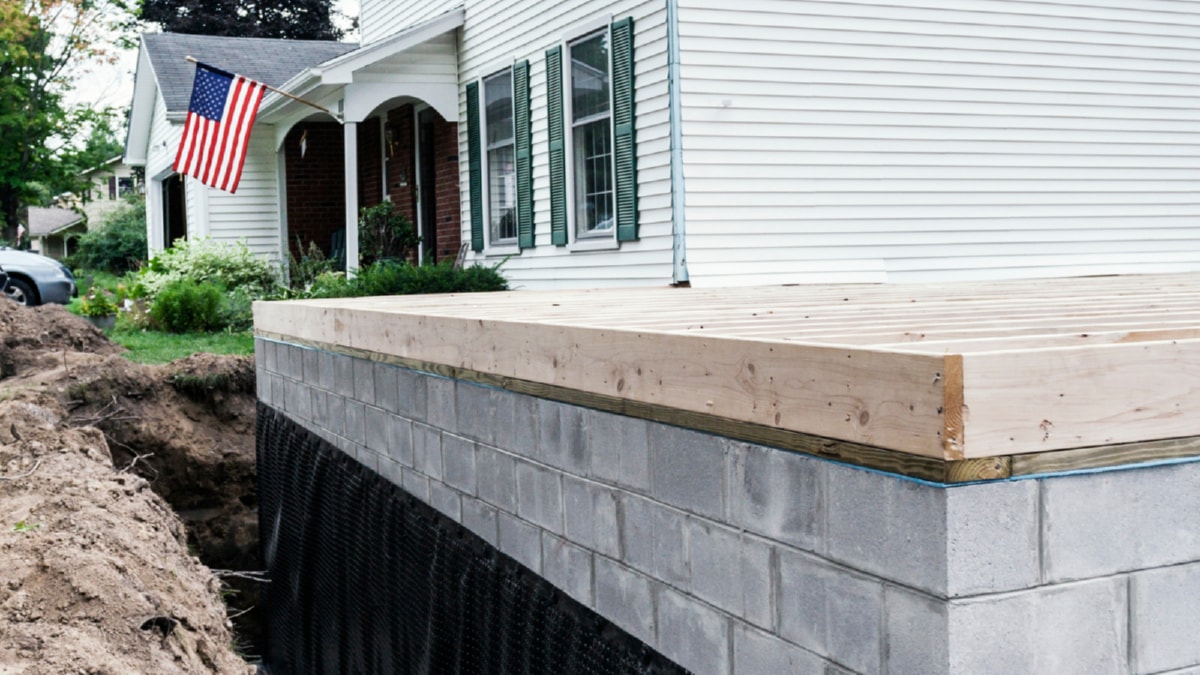Understanding the Evolution of Construction Technology is a fascinating journey into the advances and innovations that have shaped the construction industry. These technologies, such as modular construction and 3D printing have revolutionized the way we build, promising faster, cheaper, and more sustainable construction.
The advent of 3D printing in the construction industry has been a game changer. This technology allows for the creation of complex designs and structures that were previously impossible or impractical. Contractors can now create components off-site and then assemble them on-site, saving time and reducing waste. In addition, the use of automated machines in construction has increased efficiency and precision, while reducing the risk of worker injury.
Another key development in modern construction is modular construction. This method involves the manufacturing of sections of a building in a factory setting, which are then transported to the construction site for assembly. This streamlines the construction process, reduces waste, and allows for greater quality control.
Exploring the Future of Smart Construction have also made a significant impact on the industry. With growing awareness of the environmental impact of construction, many companies are turning to green building practices. Solar panels, rainwater harvesting systems, and green roofs are becoming more common, as are materials like recycled steel and low-VOC paint.
Innovative construction materials are also on the rise. From self-healing concrete that can repair its own cracks, to translucent wood that can be used for windows and solar panels, these materials can increase the lifespan of a building and reduce maintenance costs. Furthermore, the use of building information modeling (BIM) is transforming the way buildings are designed and constructed, allowing for greater coordination and collaboration among all parties involved in a project.
Efficient Construction Project Management is crucial in the modern construction industry. With the rise of digital tools and software, project managers can track progress, manage budgets, and coordinate teams more effectively than ever before. Online management systems allow for real-time updates and communication, ensuring that all team members are on the same page.
In conclusion, the future of construction looks bright, with new technologies and methods promising to make the industry more efficient, sustainable, and innovative. As we continue to explore the potential of these advancements, we can look forward to a future of more sustainable, intelligent, and efficient construction.
.
For more details, check best exterior step and stair rebuild and replace service or visit their business listing here.



